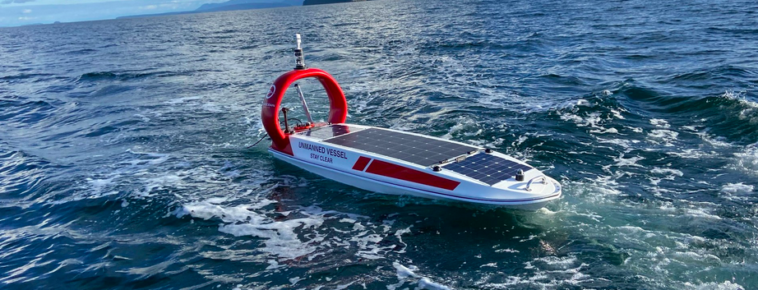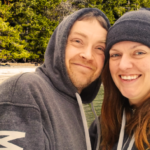The next time you think you spot a surfer or paddler in the distance, take another look – it might be an ocean robot plying the waters off B.C.’s coast.
“The focus is protecting the ocean.”
Julie Angus, CEO of Open Oceans Robotics
These sleek, silent new drones look like the offspring of a surfboard and a kayak. But instead of carrying humans, the 12-foot platforms are controlled by computers. They are powered by solar panels, filled with sensors, including cameras, and can stay at sea for months at a time.
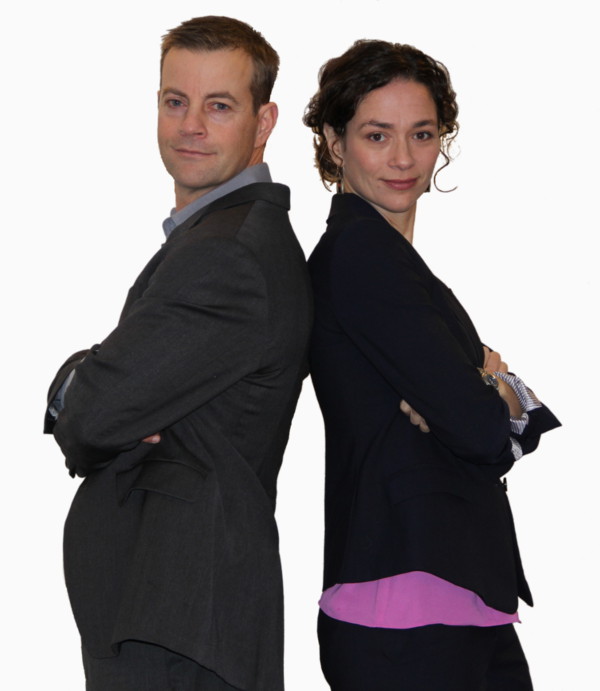
They are the creations of Open Ocean Robotics, a tech company started in 2018 by extreme adventurers Julie Angus and Colin Angus in their garage on Vancouver Island.
“The focus is protecting the ocean,” the company’s CEO, Julie Angus, told West Coast Now.
With a series of government and private investments–including $1.7 million announced by the B.C. government this spring to support robot marine monitoring–the company quickly grew. It now employs 33 engineers, scientists, and support staff at its headquarters in a tech industrial park on the South Island.
The “uncrewed surface vessels,” or USVs, are essentially water-borne drones designed to capture information from anywhere on the ocean and instantly relay it to ships or shore.
They can be used to detect illegal fishing, monitor activity in marine protected areas, and collect research data on marine wildlife, Angus told the recent IMPAC5 science conference in Vancouver.
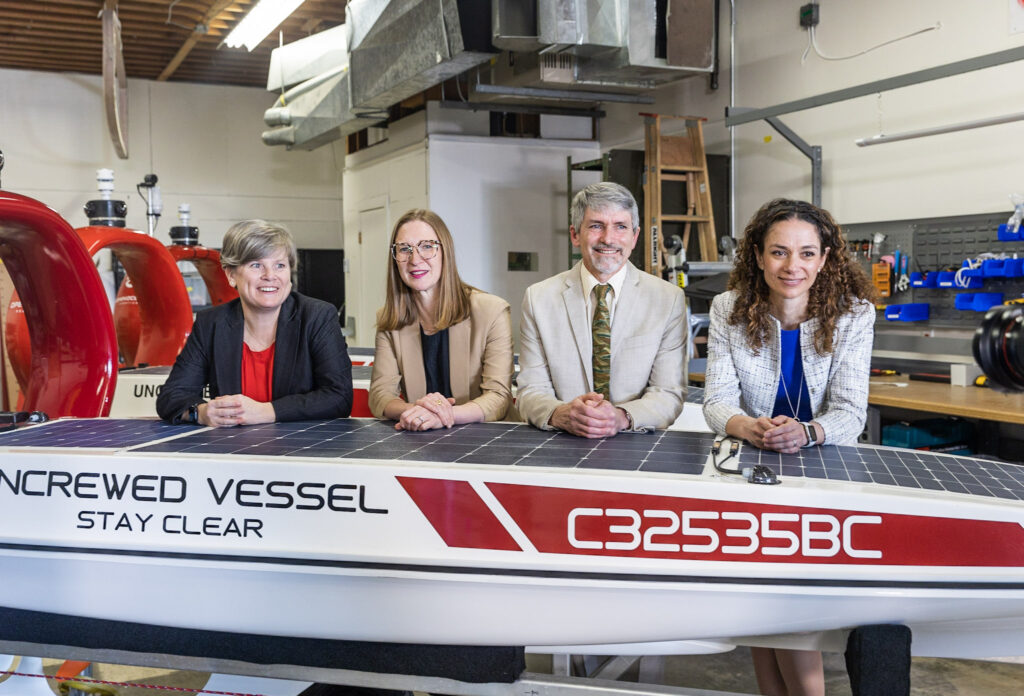
Open Ocean Robotics’ drones are currently deployed around B.C.’s south coast and near Tofino, with two vessels currently in other countries, said Angus.
“Being on the ocean for that length of time gives you a unique perspective.”
Julie Angus
The company’s clients include governments, ocean industries, and militaries, including NATO.
One of the company’s major current projects is research for the federal Fisheries and Oceans Canada on southern resident orcas in the Salish Sea.
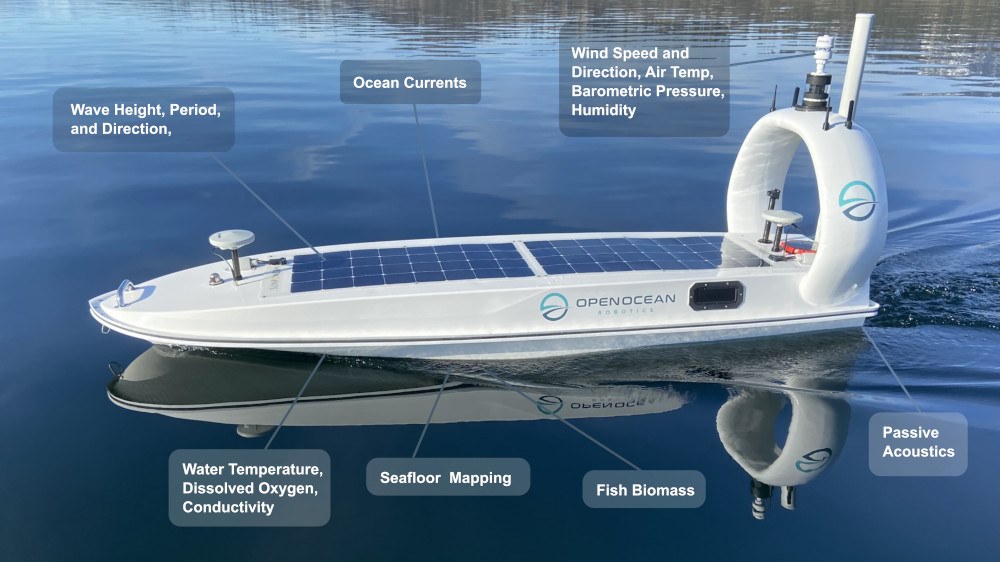
The drones “are designed to monitor and protect marine environments for months at a time, without producing greenhouse gas emissions. They capture key data to help conserve marine biodiversity, prevent overfishing and other threats to ocean health, and better understand the impacts of climate change,” explained a federal government announcement of a $2.8 million grant to the company.
“I’m a Canadian, and I love Vancouver Island, and we live in one of the best places in the world to build an ocean tech company.”
Julie Angus
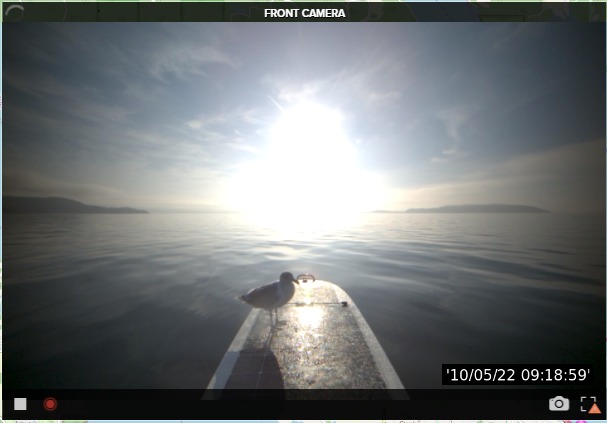
Angus said she and Colin Angus, an advisor to Open Ocean, had the idea of using drones to conduct ocean research during the five months they spent rowing across the Atlantic Ocean together as part of a human-powered around-the-world tour.
“Being on the ocean for that length of time gives you a unique perspective,” said Angus. Seas during their adventure ranged from glassy calm to the worst hurricanes in history, and the couple was constantly in the company of sea turtles, frigate and shearwater birds, dolphins, sharks, and whales.
“You realize that not too many people will ever see that part of the ocean,” said Angus. She said nobody was collecting data about it in remote, harsh conditions to better understand the impacts of events like hurricanes.
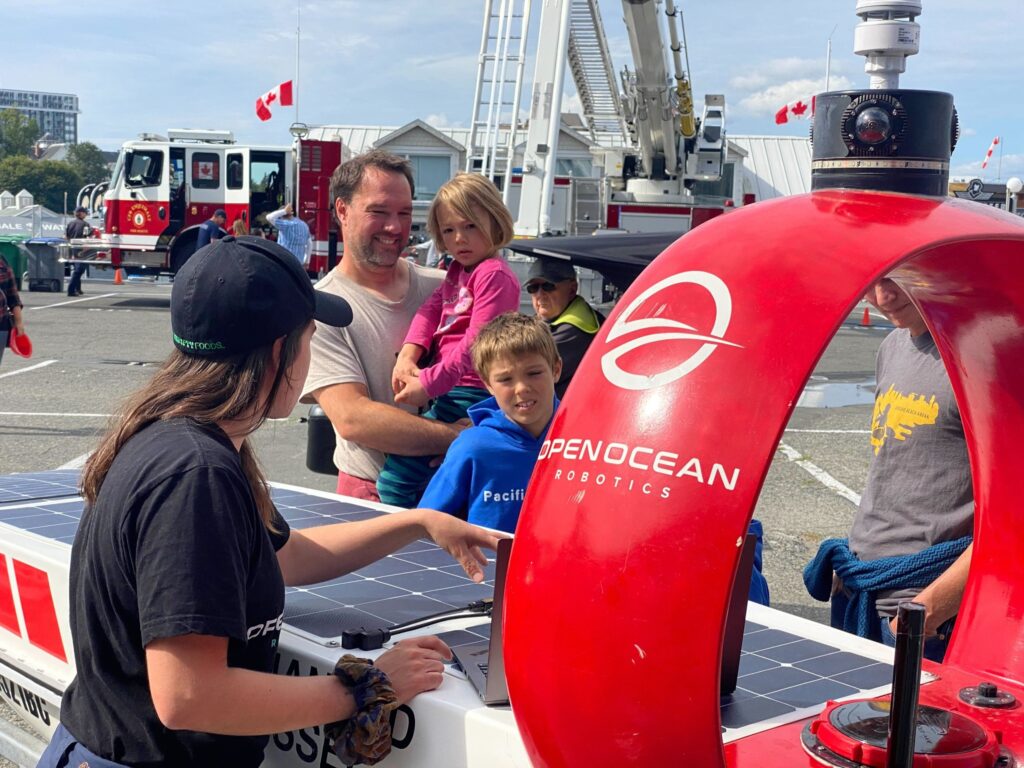
“It’s hard to protect what we can’t measure,” she said, noting that the company’s drones are designed to do exactly that.
Canada has a history of supporting start-ups, which are later acquired by corporations elsewhere and moved to another country. West Coast Now asked Angus, will Open Ocean Robotics remain in the country?
“I think we’ll stay in Canada,” said Angus. “That’s the goal to remain here and be headquartered here.
“I’m a Canadian, and I love Vancouver Island, and we live in one of the best places in the world to build an ocean tech company. Canada has the longest coastline in the world, so we should be building more ocean-focused companies in Canada,” she said.




